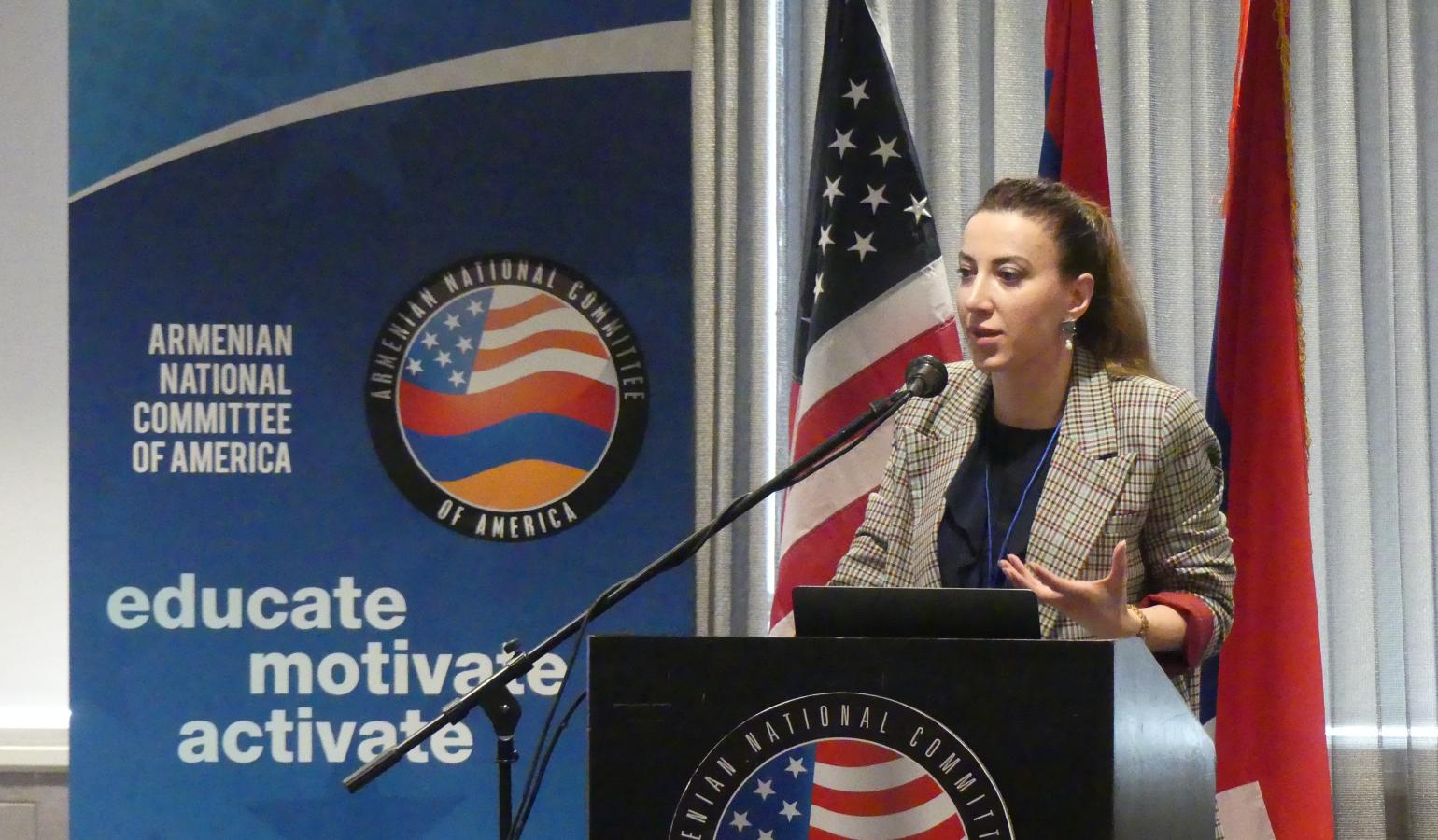
The International and Comparative Law Center has been working in partnership with the Armenian Legal Center for Justice and Human Rights for four years to advocate for the interests of Armenian POWs. Based in Washington, D.C., this non-profit organization is dedicated to addressing human rights violations stemming from the Armenian Genocide and promoting regional security in Armenia and Artsakh.
From October 2023 to September 2024, the organizations concentrated their efforts on specific thematic areas aimed at protecting human rights at various levels, ranging from individual to collective rights.
Documentation of the ethnic cleansing of the population of Artsakh.
In recent years, significant concerns have been raised regarding Azerbaijan's policies in Artsakh, including allegations of ethnic cleansing and potential genocide. These concerns stem from actions such as blockades, disruptions in gas and electricity supplies, and restrictions on the free movement of people.
Many countries and international organizations have urged Azerbaijan to end the blockade of Artsakh. The European Parliament has emphasized that the security of the people of Artsakh can only be guaranteed through a reliable peacekeeping mission and the unrestricted movement of people and goods through the Lachin Corridor. Countries such as the United Kingdom, France, the United States, and Sweden, along with international bodies like the UN High Commissioner for Human Rights and the European Court of Human Rights, have also called on Azerbaijan to end the blockade and ensure free movement. However, despite these appeals, the situation remained unchanged until September 19, 2023.
A key need was to conduct fact-finding activities on the issues presented. These have been completed. The fact-finding activities were carried out using various methods and will play a crucial role in developing legal and humanitarian measures aimed at meeting the needs of the people of Artsakh and ensuring the protection of their rights. This report will serve as crucial evidence in various legal and political processes against Azerbaijan.
Submission of communications under Article 15 to the International Criminal Court
On May 12, 2021, Azerbaijan violated multiple international obligations and norms by launching an attack on Armenia's sovereign territory, advancing into positions within the Syunik region. This aggressive action was repeated on November 14, 2021, when Azerbaijani military forces advanced toward Ishkhanasar, seizing new positions and resulting in the capture and killing of Armenian soldiers. The situation escalated further on September 13, 2022, when Azerbaijan initiated large-scale military operations along Armenia's eastern borders, targeting the Syunik, Vayots Dzor, and Gegharkunik regions. This assault led to the deployment of Azerbaijani military forces across dozens of hectares of Armenian sovereign territory.
Since 2021, Azerbaijan has also been making incursions into Artsakh. In May 2022, Azerbaijan advanced towards Parukh, and on December 12, 2022, it closed the only road connecting Artsakh to the outside world, subjecting the people of Artsakh to a siege that lasted for 9 months. The situation escalated further on September 19, 2023, when Azerbaijan launched an attack along the entire border of Artsakh. The one-day-long skirmish resulted in hundreds of soldiers being killed or wounded. As a consequence of the war, Artsakh was completely depopulated.
In accordance with the guidelines of the International Criminal Court and international crimes documents, I. C.Law and ALC will submit reports of crimes committed under Article 15 to the Prosecutor's Office.
Measuring the level of Azerbaijan's state hate policy
Azerbaijan’s policy of promoting hatred and hostility towards Armenians and the Armenian statehood has been a significant factor underlying human rights violations and military aggression in recent decades. In recent years, this anti-Armenian policy has manifested itself in several forms, including large-scale wars, military aggressions, blockades, border incidents, local clashes, atrocities, and fraud. These manifestations are closely interconnected, systematically organized at the state level, and rooted in a unique ideological foundation.
This state policy is financed and organized by high-level political and military leadership and further promoted by influential cultural and religious figures. As a result of such a policy, even voices within Azerbaijan opposing the invasion of Armenia have faced resistance.